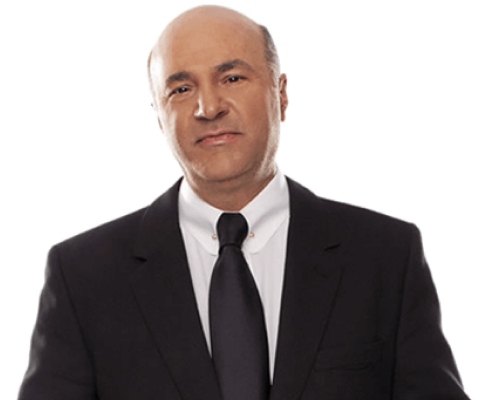What Is a Trademark?
What Is a Trademark?
One way to define a trademark is that it's a word, phrase, symbol, or design that helps the market identify and distinguish your goods or services from similar goods and services of everyone else.
The other way to define a trademark is that it's your legal right as someone who offers to the market certain goods and services under a certain word, phrase, symbol, or design to stop everyone else from marketing similar goods or services under a similar word, phrase, symbol, or design.
Essentially, the first definition of a trademark is that it's your identity whereas the second definition is that it's your legal right to your identity. Watch the rest of the video to find out more.
Trademarks Define Your Identity
So let's start with the definition of a trademark as your identity. Once again, it's a word, phrase, symbol, or design that helps the market identify and distinguish your goods or services from similar goods and services of everyone else. The most common types of trademarks are brand names, names of products, names of services, logos, and taglines. In addition to that, in certain cases, sounds, smells, tastes, scents, colors, and 3d shapes can also serve as trademarks.
Aside from different things that can SERVE as a trademark, what's important here is that the trademark is supposed to help the market identify and distinguish your products and services apart from identical or similar products and services of everyone else. I always think of it this way: imagine that your product or your service is sold in a box in a supermarket.
Trademarks: Distinguishing Your Brand
You walk past the shelves and you see a box with your product or your service. And right next to it is ANOTHER box. And in that box, there's a product or a service that your competitor blatantly copied from yours. Theirs does the same thing, has the same features, same benefits, and is sold for the same price. A trademark would be something you could see on the box that would allow you to tell your product or service from your competitors. It could be a name, it could be a logo, it could be a tagline, it could be a distinctive color, a distinctive shape of the box—literally anything as long as it allows the market to tell one from the other.
If your trademark doesn't distinguish your products and services from identical products and services of everyone else, it's not a trademark. That's why you can't trademark generic names. If you sell pencils and just call them "Pencils," when people hear the word pencils, they would have no way of knowing if you're talking about just any pencils or specifically your pencils.
Are There Limits on What I Can Trademark?
For the same reason, most countries limit your ability to trademark descriptive marks. Once again, the idea is that a trademark isn't supposed to let you corner the market of particular products and services. It's only supposed to help you position your products and services apart from everyone else's. That's also why you can't trademark a brand that's too similar to someone else's. Because if you could, how would the public be able to tell your products and services from someone else's?
Also, not every word, phrase, or image is a trademark. It only becomes a trademark if it's used to identify the source of specific products or services. Let's take the word apple for example. By itself, it refers to the fruit, and as such it's not a trademark. But when used in connection with phones or laptops, it is very much a trademark because it is designed to help the market distinguish Apple phones and laptops from all other phones and laptops.
Trademarks Protect Your Brand
You may have noticed that as I was diving into the first definition, I had to delve into what is trademarkable and what isn't. And this actually brings us closer to the second definition of a trademark. Under the second definition, a trademark is your legal right to stop everyone else from marketing similar goods or services under your brand.
In most cases, a trademark refers to a registered trademark, whereby not only you have something you would LIKE to claim as your trademark but something that you have registered with the Trademarks Office so that now you have a piece of paper that serves as evidence of your right to your brand and that you can enforce in court.
A few countries in the world recognize unregistered trademarks but from a practical perspective, it's very difficult and expensive to enforce them. So now that I've unpacked this all for you, let me bring it back and make it really simple. A trademark is something that allows people to tell your products and services apart from everyone else's and that you value enough to protect through registration with the Trademarks Office.
Registering & Owning Your Brand With Trademarks
Once registered, your brand name, logo, or tagline stops being just a word, image, or phrase. It becomes an asset. An asset you can own forever. It also becomes a right that you can enforce against anyone who is trying to take a free ride on your brand. I always say that there's no reason in the world to spend a minute of your life or a dollar out of your pocket building a brand you don't own.
And the only way to own your brand is to trademark it before somebody else does. If you're watching this video because you have a brand you want to protect, follow the link in the description and book a free call with one of our advisors who will be happy to walk you through our process where you can get your brand trademarked with a guaranteed result for a guaranteed budget.
Want to Learn More?
If you just wanted to learn more about trademarks, there's a lot more where this came from, so make sure you subscribe to our YouTube channel. Either way, I hope you found this helpful.
Interested in trademarking your business? Speak with an advisor today to get started!












